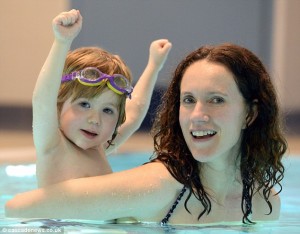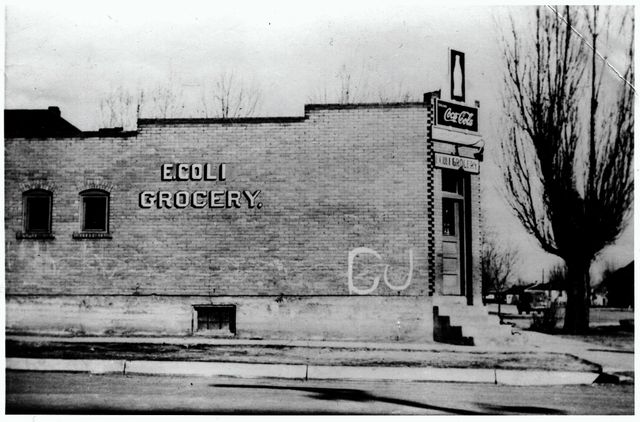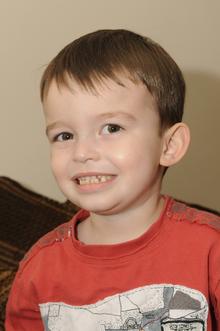The holidays always remind me that I’m pretty lucky. Neither of my kids has ever been really sick. A few stitches and ear infections are about all we’ve had to deal with. Between skating, playing road hockey, Drake-inspired dance parties and multiple The Force Awakens viewing this week I’ve thought about how good things are.
During non-family, non-hockey times I’m immersed in food safety.
Reading about the seriousness of the issues and how illnesses happen shouldn’t be a surprise to anyone who works with food – farmers, processors, food handlers (commercial or domestic).
A decade or so into things and you start seeing the same stories and mistakes repeated.
But the narrative is still emotional and shocking when you read about a kid getting sick, like three year-old Reuben Jackson. He picked up E. coli O157 during a visit to a farm, developed HUS and required a kidney transplant. The Daily Mail writes that his mother, according to Nicola, gave him one of hers.
For Reuben, the infection triggered haemolytic uraemic syndrome (HUS), where blood cells begin destroyed, and start to clog up the filtering system in the kidneys.
Mrs Jackson said: ‘It was a living nightmare. Reuben was in intensive care and then had to have his large intestine removed and a stoma pouch fitted.’
He spent time on dialysis, where a machine filters the blood, and regained around 25 per cent of kidney function, but earlier this year they began to fail again.
The mother-of-two was tested to see if she would be a match to donate a kidney to her son.
When Mrs Jackson received the news that she would be able to donate a kidney, she describes the moment as sheer relief.
She said: ‘I remember thinking at the last test, please let this one be okay, each positive result felt like one step closer.
Mrs Jackson spent four days in hospital, and said Reuben was instantly better after the operation.
She said: ‘It was remarkable to see him. He was instantly better.
‘He was running around the ward and was back to his old, bright self, laughing and being cheeky.’
Now, Reuben has been selected as a Little Hero by the baby and toddler swim school Water Babies as – with the agreement of doctors – he swam throughout his treatment.
‘Reuben’s time in the pool is his fun time, he just loves it,’ Mrs Jackson said.
That’s a good end to a terrifying story.

 told that without a kidney transplant he would die.
told that without a kidney transplant he would die. which can also give acute kidney failure and change blood chemistry.
which can also give acute kidney failure and change blood chemistry.
 rooms between Aug. 1 and Aug. 16.
rooms between Aug. 1 and Aug. 16. Kent Online reports
Kent Online reports The Health Protection Agency said yesterday
The Health Protection Agency said yesterday Abigail’s grandfather, Ronald Hennessey, of Gresford, said
Abigail’s grandfather, Ronald Hennessey, of Gresford, said